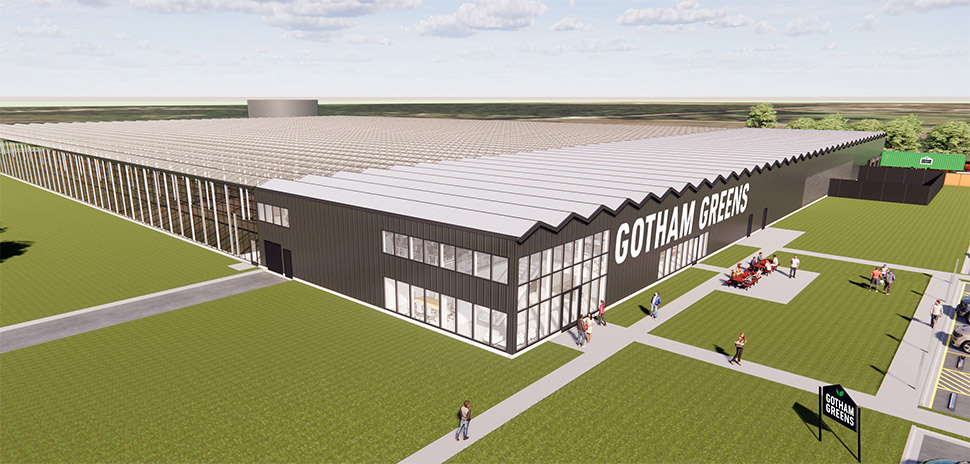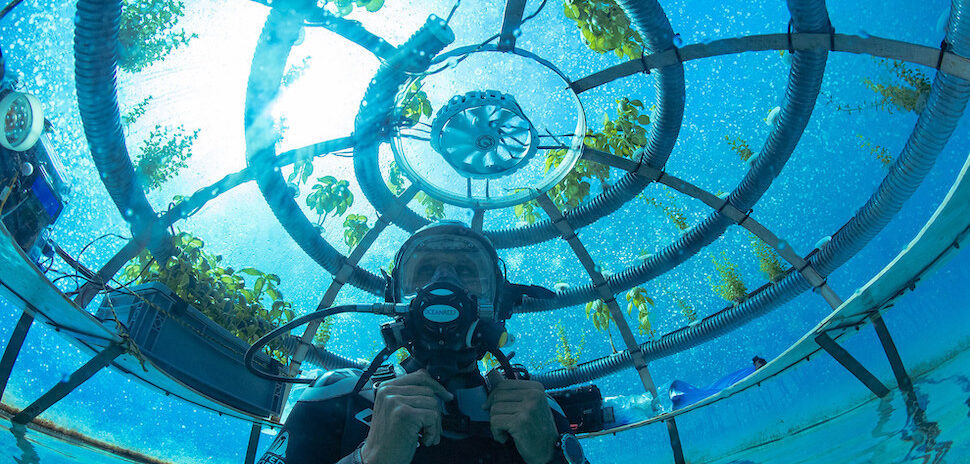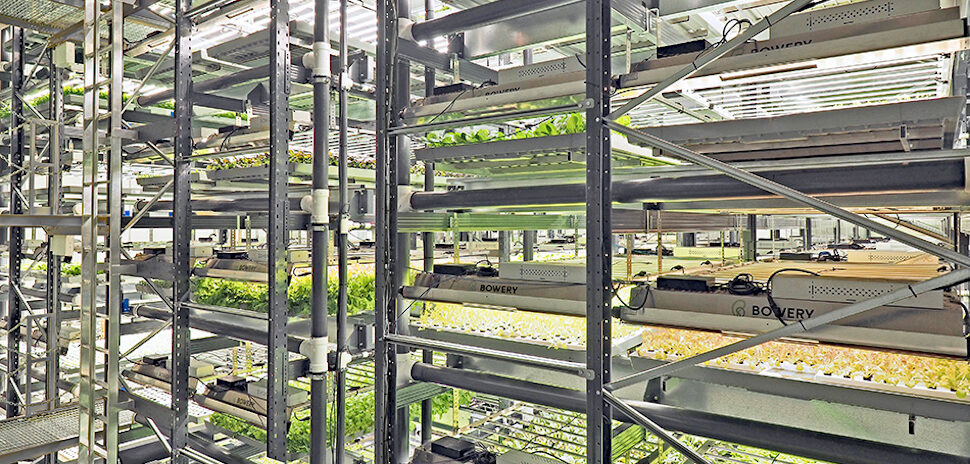Gotham Greens, an indoor farming startup with one of the largest networks of high-tech hydroponic greenhouses in North America, plans to double the size of its greenhouse capacity this year to 1.2 million square feet. A new state-of-the-art greenhouse facility in Seagoville is part of the nationwide expansion.
The company is also setting up greenhouses near Atlanta and Denver, as it expands its existing facilities in Chicago and Rhode Island.
Locally, Gotham’s 220,000 square-foot facility, which is slated to open later this year, will employ around 55 people.
At the completion of the new facilities, the company will own 12 high-tech, climate-controlled hydroponic greenhouses in eight states, including New York, Rhode Island, Maryland, Illinois, Colorado, and California.
New York-based Gotham Greens says its new greenhouses will help it continue serving many of the country’s largest grocery retailers, including Whole Foods Market, The Kroger Co., Albertsons Companies, Sprouts Farmers Market, and more.
The company is seeing “a steady increase in consumer demand for greenhouse-grown produce.” As of March, Gotham Greens said its salad greens, herbs, salad dressings, dips, and cooking sauces were sold in about 3,000 stores across 45 U.S. states nationwide.
“Gotham Greens is incredibly excited to further expand our greenhouse operations across the country, including to the South, for the very first time,” said Viraj Puri, co-founder and CEO of the startup, in a statement. “Our goal is to deliver Gotham Greens’ fresh produce within a day’s drive from our greenhouses to 90% of consumers across the U.S., and these strategic greenhouse expansion projects bring us closer to this milestone.”
Overall, Gotham Greens says it’s adding more than 600,000 square feet of space across the country. The startup, which hydroponically produces salad-related products, said it chose the new locations based on climate change’s impact in the areas.
Gotham Green’s hydroponic growing systems include 100% renewable electricity-powered greenhouses and the farms use up to 95% less water and 97% less land compared to conventional farming, it says.
![]()
Get on the list.
Dallas Innovates, every day.
Sign up to keep your eye on what’s new and next in Dallas-Fort Worth, every day.




























